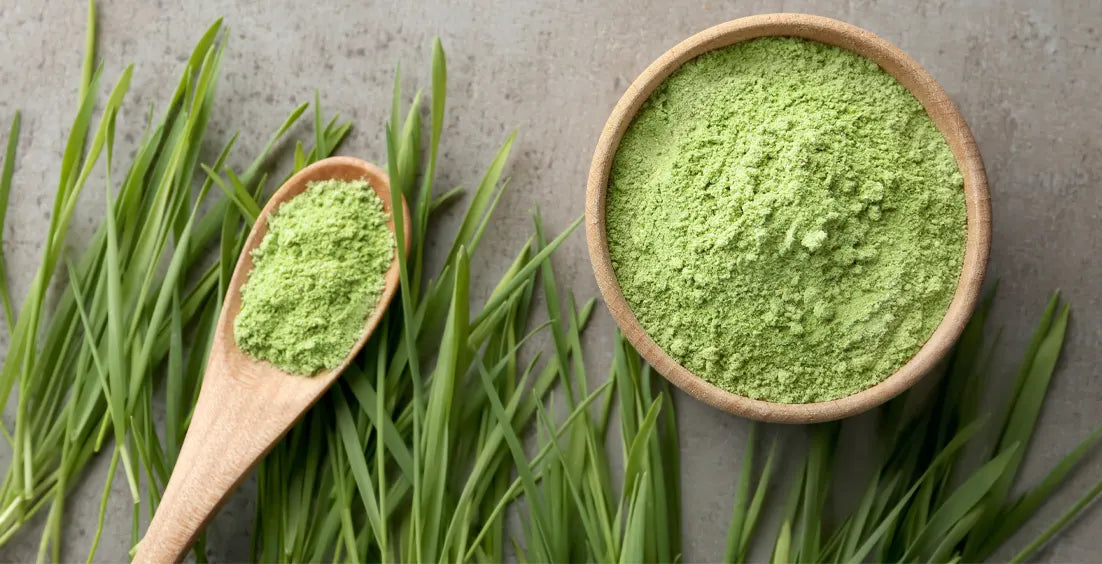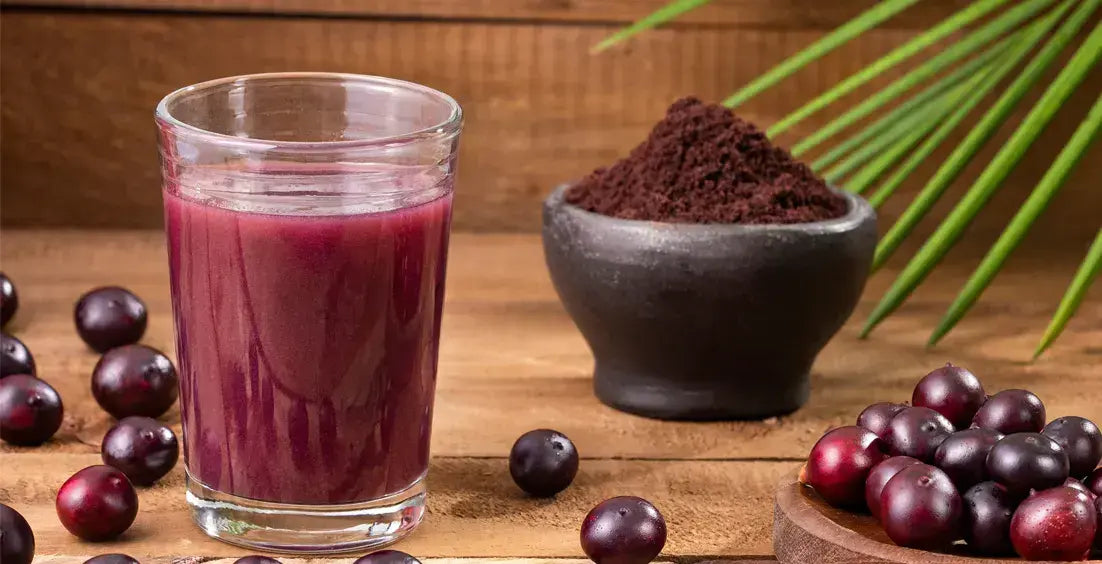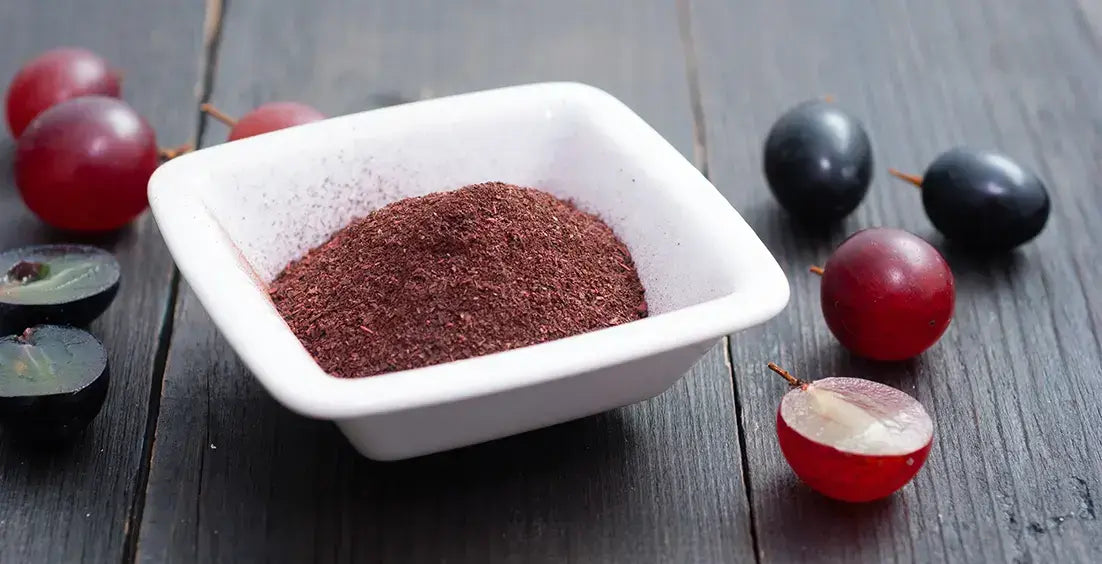8 Benefits of Wheat Grass and How to Incorporate It into Your Routine
Wheatgrass, a superfood rich in nutrients and antioxidants, supports detox, digestion, energy, and wellness. Discover its natural health benefits.

Popular Stories
- Best Liquid B12 Supplement: Find out its Dosage & Health Benefits
- Best BCAA Supplements for Fat Loss and Muscle Retention
- Best Maca Root Supplement For Men’s Health, Hormones, & Well-Being
- Best Acai Berry Supplements: The Ultimate Buying Guide
- Spirulina Benefits for Women: Superfood for Skin & Hormones
- Best Foods for Weight Loss: Healthy Meal Options to Try
References
- Enhancing Health Benefits through Chlorophylls and Chlorophyll-Rich Agro-Food: A Comprehensive Review: https://www.ncbi.nlm.nih.gov/pmc/articles/PMC10384064/
- Effect of Wheatgrass Juice on Nutritional Quality of Apple, Carrot, Beet, Orange and Lemon Juice: https://www.ncbi.nlm.nih.gov/pmc/articles/PMC8833947/
- Bioactive Compounds for Skin Health: A Review: https://www.ncbi.nlm.nih.gov/pmc/articles/PMC7827176/
- Nutritional Quality and Antioxidant Activity of Wheatgrass (Triticum aestivum) Unwrap by Proteome Profiling and DPPH and FRAP assays: https://pubmed.ncbi.nlm.nih.gov/30059150/
- Effect of Wheatgrass Juice on Nutritional Quality of Apple, Carrot, Beet, Orange and Lemon Juice: https://www.ncbi.nlm.nih.gov/pmc/articles/PMC8833947/


 Skin Detoxification Bundle
Skin Detoxification Bundle Complete Weight Loss Bundle
Complete Weight Loss Bundle Heart Care Bundle
Heart Care Bundle Better Immunity Bundle
Better Immunity Bundle  Men's Immunity & Prostate Health Bundle
Men's Immunity & Prostate Health Bundle Stress + Energy + Wellness Combo
Stress + Energy + Wellness Combo  Energy Booster Combo
Energy Booster Combo Natural Skin Care Bundle
Natural Skin Care Bundle Workout Supplements Combo
Workout Supplements Combo Cognitive Health & Vision Combo
Cognitive Health & Vision Combo Joint Health Support Combo
Joint Health Support Combo



































